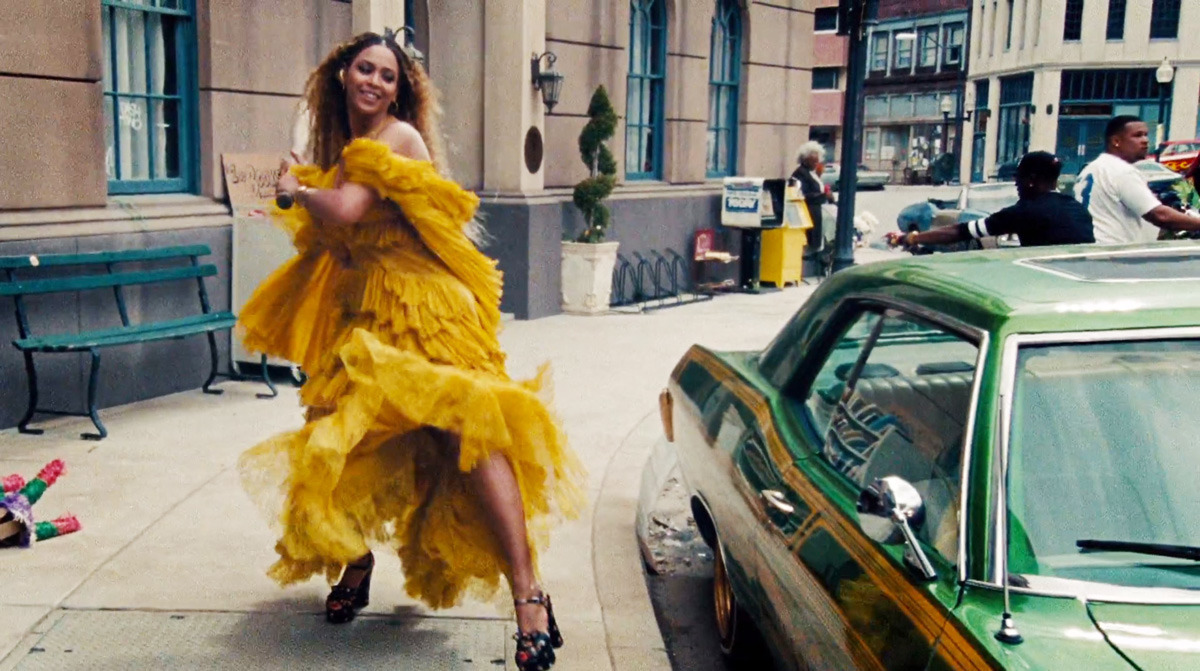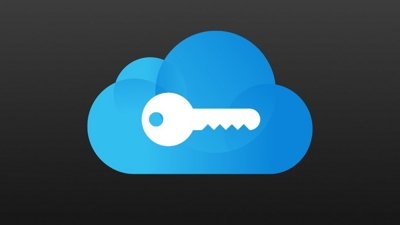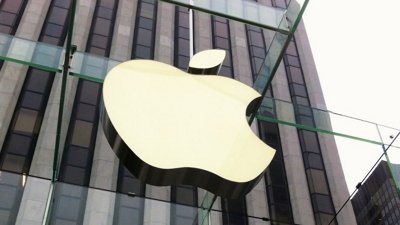Streaming music service Tidal is facing a raft of allegations about its business practices, including charges of late royalty payments, and artificially inflating the numbers for two of its biggest hits by Beyonce and Kanye West.
The company is behind in royalties to the three major labels, namely Sony, Warner, and Universal, according to Norwegian publication Dagens Naeringsliv, cited by Music Business Worldwide. The allegation was backed up by two Norwegian businesses, label Propeller Records and its distributor Sony's Phonofile.
The CEO of Propeller, Frithjof Boye Hungnes, in fact claimed that his label hasn't been paid for Tidal streams since October, and that people are talking about pulling their music from the service.
Recently Dagens Naeringsliv also said it uncovered evidence that Tidal boosted the play counts for Beyonce's "Lemonade" album, and West's "The Life of Pablo." The records were brief exclusives, helping to draw in people who might have otherwise turned to Spotify or Apple Music.
The accusation was made following a year-long investigation, with evidence including forensic analysis of a hard drive said to contain raw data from Tidal. The company has charged DN of perpetrating a "smear campaign" using "stolen and manipulated" data.
Nevertheless, Danish royalty collection organization Koda is now conducting an audit of Tidal data, based on Sony and Universal reportedly earning millions from the West and Beyonce albums. A Norwegian collection group, Tono, has filed a police complaint.
Exacerbating the situation even further, Tidal is claimed to have shrunk its royalty payout in April 2017 from 62.5 percent of revenues to 55 percent. Though that would be consistent with rates at Spotify, Tidal is said to have made the change without talking to key people like rights holders.
While Tidal has the backing of famous artists like Jay-Z, its primary owner, the company has struggled to draw in subscribers. Spotify is thoroughly entrenched, having launched in 2008 and become the "default" on-demand service, thanks to its 75 million paid subscribers and even more people on its free ad-based tier.
Apple Music recently topped 50 million subscribers, aided by Apple's cash and deep integration across hardware.
 Roger Fingas
Roger Fingas






-m.jpg)






 William Gallagher
William Gallagher
 Mike Wuerthele
Mike Wuerthele

 Charles Martin
Charles Martin


 Wesley Hilliard
Wesley Hilliard
 Stephen Silver
Stephen Silver









34 Comments
And the culling of the herd begins. Razor thin margins are hard to succeed with. Think about that the next time you want to trash Apple for having large margins and making too much profit. Okay, I’m done for today.
Except that Tidal is the best music streaming service available. It's the only service that will stream its entire catalogue in lossless data formats, making it the best format for serious audiophiles. It also has an amazing host of extras -- music videos, advance rights to certain concert tickets, etc.
I was done with Apple Music years ago when it completely destroyed my (legally) ripped collection of lossless music. It also corrupted my library of 3,000+ past iTunes purchases -- something Apple has yet to fully fix.
I still love Apple products, but I will be damned if I ever try Apple Music again. And I sure hope Tidal doesn't fold.
Apple should offer free membership to tidal users to put them out once and for all. Apple could afford it.
whoops